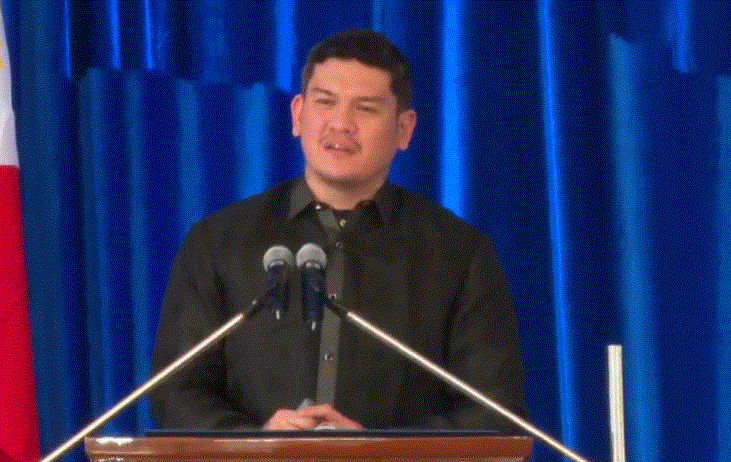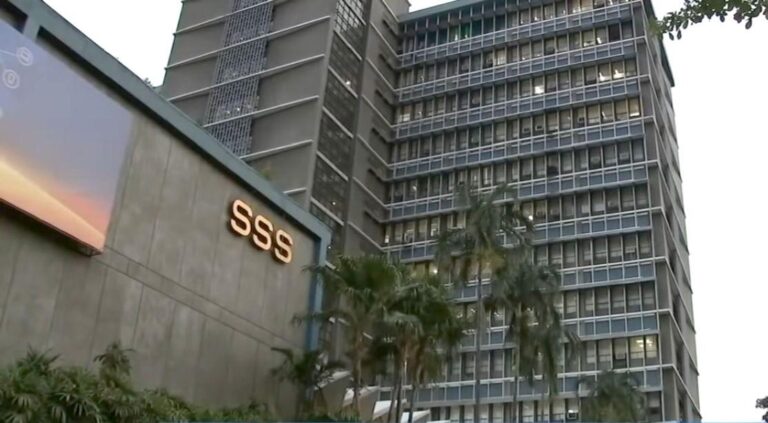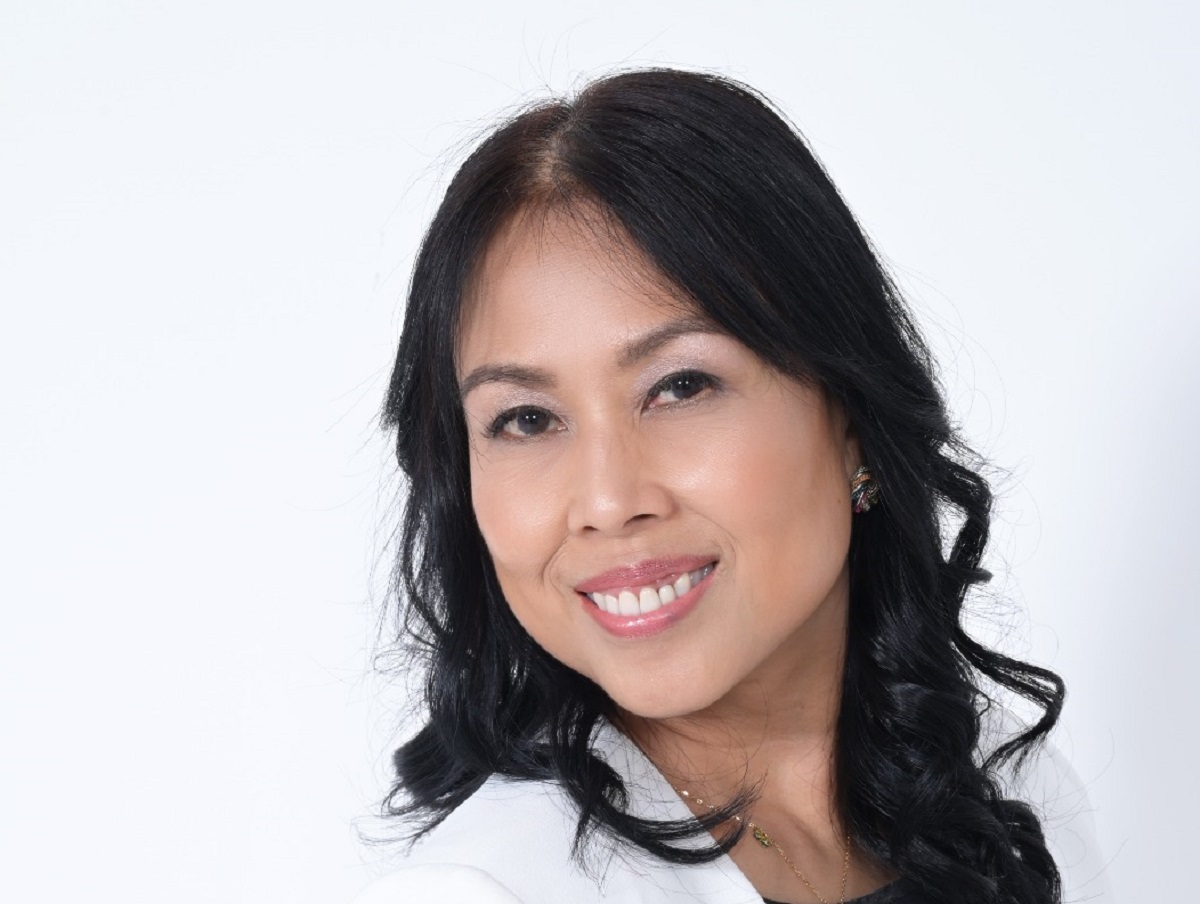DUBAI, United Arab Emirates – With attempts by scammers to prey on victims almost becoming a daily occurrence, a Filipina expat here with years of experience in cybersecurity has cautioned overseas Filipino workers (OFWs) not to let their guard down to protect their hard-earned money.
Irene Corpuz, who now runs her own consulting company engaged in cyber policies risk management, among others, said that at the rate scammers are becoming more sophisticated and organized, chances of falling victim to their ploys will always be there.
“People who continue to remain careless and less vigilant will face greater consequences, while those who are aware, no matter how vigilant, may still become victims. It’s not a matter of whether you will be hacked or scammed, it’s a matter of when. It’s also about how resilient you are when it happens, meaning how soon will you recover?” Corpuz told GMA News Online.
Among more common modus operandi used by scammers victimizing OFWs in the UAE is through the use of Facebook pages offering loans but asking the victim to deposit money for “processing fee” and then some more money to release the fund.
The FB page even has a comment thread from other OFWs who supposedly have availed of loans with the dubious company in the past, apparently to make the whole transaction sound legit, according to officials. The FB page is then deactivated after the scam has been consummated.
Others are the fake part-time job announcement scam sent through WhatsApp, where the culprits promise employment but ask money for processing; and phone calls from people introducing themselves as police or bank officials demanding private details of the victim’s account to divest money. This, aside from scammers introducing themselves as someone with inside information about which company to invest in on the stock market.
Serious
“Financial fraud and scams are serious and still gaining victims despite a lot of awareness and warnings by various institutions and organizations. These warnings come from our own banks, public awareness (like social media posts by cybersecurity professionals), and even the authorities,” said Corpuz.
“Here in the UAE, we receive a lot of scam calls pretending to be Etisalat (telecom company), central bank, Dubai Police, Abu Dhabi police, and so on, threatening the individual,” she added.
Most common consumer scams are still through smishing or SMS phishing, she said.
“Phishing and email scams still trick individuals as with Artificial Intelligence, fraudulent emails appear to be from reputable sources and well written such that there are no more grammar or spelling mistakes like before,” Corpuz said.
Corpuz said the UAE cybersecurity sector is “resilient.”
“The UAE has cybersecurity policies, regulations, and laws that make the country aware and the organizations ready and resilient whenever there are security incidents,” she said.
Glass ceiling
Meanwhile, Corpuz counts among Filipina expats who has broken the glass ceiling in previously male-dominated industries across the UAE, in her case, cybersecurity.
She opened her own consulting company this year, and doing so feels like having finally “overcome barriers and achieve something important, bringing a sense of pride and opening up opportunities for others,” she said.
Corpuz, who holds a master’s of science degree in IT and Business Management from the University of Wales, has also founded a group for other females to grow in the field, the Women in Cyber Security Middle East (WiCSME).
Corpuz recalls how it was being a woman in the IT field when she arrived in the UAE 17 years ago from the Philippines, saying she had to “rethink (her) career path” because the region’s IT industry “wasn’t exactly welcoming to women” back then.
“It was a big shift for me, both geographically and professionally. Back in 2007, the region’s IT industry wasn’t exactly welcoming to women, and that brought some real challenges my way. I had to rethink my career path and find new ways to make an impact. So, I pivoted and started working as a consultant, business analyst, and project manager,” said Corpuz, who moved to UAE to support her husband’s career.
Corpuz said gender norms and workplace dynamics during those days made it tough for women to break into the IT sector. “Even with 17 years of experience under my belt (at the time), re-entering the UAE’s IT field wasn’t easy. I had to adapt to the new environment and focus on opportunities that aligned with my skills and interests,” she said.
She said an opportunity in cybersecurity came her way in 2013, “and it completely transformed my career.”
“By 2018, I co-founded WiCSME, and I’ve been thriving in this space ever since. I’m passionate about empowering other women in this field and helping to tackle the underrepresentation of women in cybersecurity, especially in this region,” Corpuz said.
She said women accounted for only 11% of the people working in cybersecurity in 2012. “The most recent survey shows this has increased to 25%,” she said.
Times have changed as the UAE, having implemented a policy on gender equality through public and private initiatives through the years, now leads in the field, according to the World Economic Forum’s 2024 Global Gender Gap report. —KBK, GMA Integrated News

















